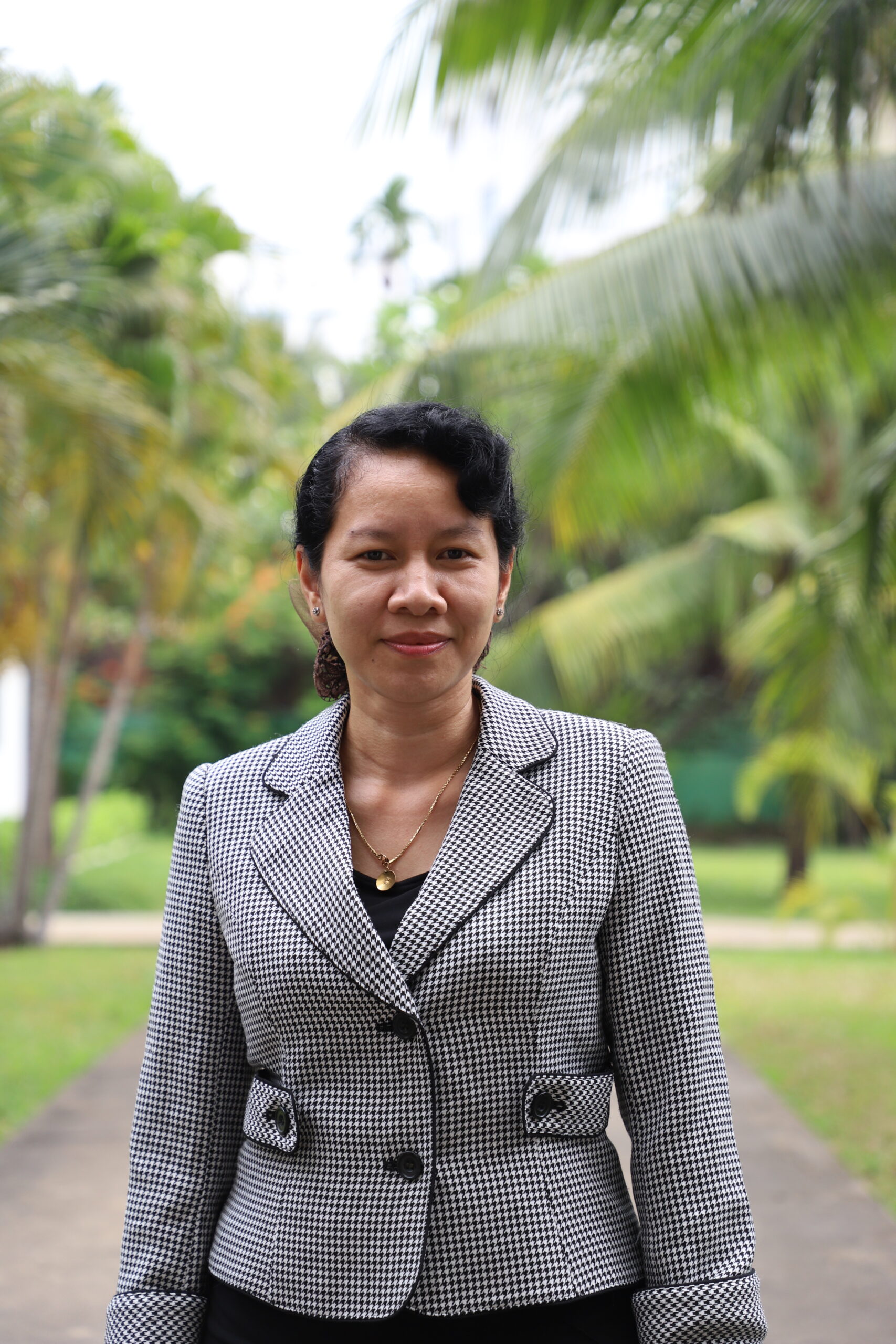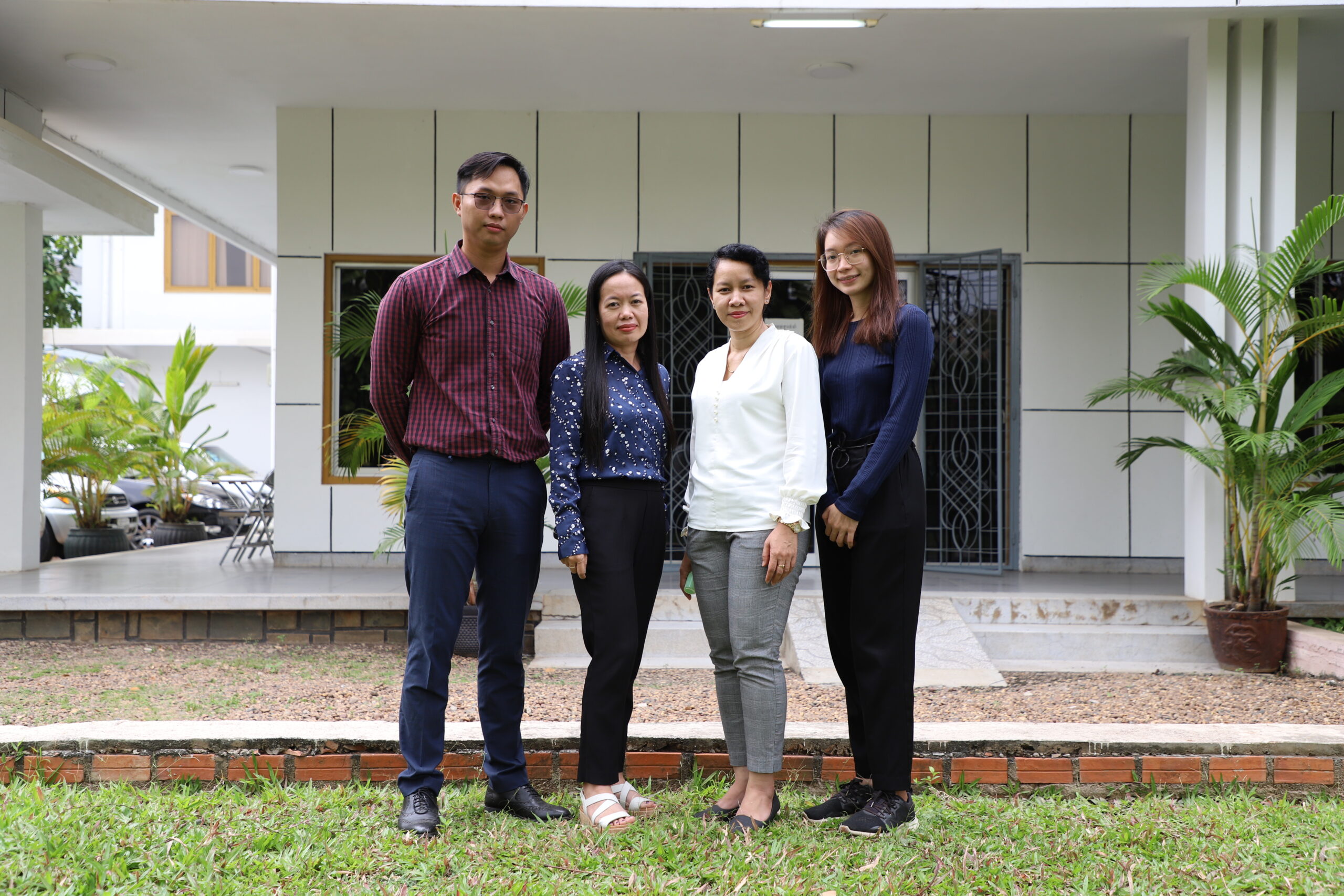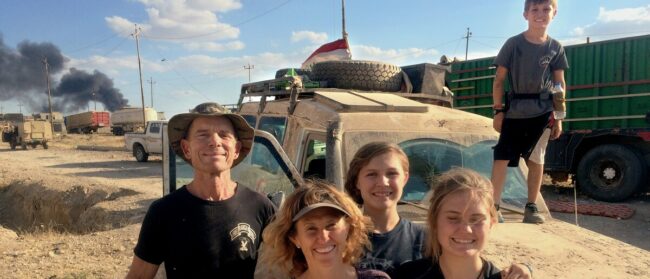In Cambodia, three decades of peace and political stability have created space for dynamic political and institutional reforms to evolve. CDRI’s Centre for Governance and Inclusive Society (CGIS) is uniquely positioned to continue its research agenda focusing on the dynamics of change Cambodia is currently experiencing and the emergence of an indigenous governance system that is responding to a new era and serving all its citizens.
“We can leave no one behind, so when we are trying to include everyone, institutions have a key role to play,” explained Sophany San, CGIS director. “Policy makers need to see what are their peoples’ needs, what are the challenges, what kinds of mechanisms are needed to include them so they can benefit and contribute to society.”
Illuminating the landscape for authorities, CGIS research looks at all levels of governance. Building on ethnographic work conducted in 2007, 2020’s Local Leadership in Cambodia provided a historical perspective on past trends in commune governance, how attitudes have changed in the last 12 years and was designed to provide stakeholders with context-specific data on how to improve democratic participation at the local level. There are signs of progress.

“At the community level, authorities organise public forums, so that men and women, old and young, can discuss the needs of the community and what the people need,” said CGIS Research Associate, Theavy Chhom. “Then the villages decide what is the priority so they can use the budget to address these issues.”
However, in Cambodia, accountable institutions and inclusive society building goes beyond the public sector.
Given the historically oversized role that non-governmental organisations have played in the country, it makes sense that civil society organisations and community-based organisations would feature in CGIS research. Citing “capacity gaps, limited civic space and a polarising political discourse” as obstacles to inclusive society building, the 2020 study Building Capacities for Civic Engagement, Peacebuilding and Inclusive Dialogue: Towards Inclusive and Participatory Governance aimed to promote democratic governance and expand opportunities through peaceful discourse.
From commune governance to public private partnerships (PPP), the core theme running through all CGIS research is the lived experiences of Cambodian people. With the impacts of Covid-19 permeating nearly every aspect of daily life, it has also become an area of focus for the group’s work.
Wrapping up the first phase in January 2022, Social Protection and the Gendered Impacts of Covid-19 in Cambodia: Longitudinal Research to “Build Back Better” in the Global Garment Industry documented the pandemic experiences of 200 women garment workers. Examining the coping strategies of these women and formal and informal social protection mechanisms, the findings shined a light on problems with contemporary development models and the well-worn theme of worker exploitation within the global capitalist paradigm.
The expansion of the social safety net through programs like the National Social Protection Policy Framework are a step towards realising an inclusive society in Cambodia, however, more work remains.
“I want to see everybody, no matter who they are — rural or urban, old or young, men or women, and LGBT — included,” said San. “There has been a lot of progress and if you look at the legislation, it is good. The policy commitment for equality is much appreciated but the implementation is still a challenge.”

This article is a part of a paid partnership with Cambodia Development Resource Institute celebrating their 30 Year Anniversary and highlighting their work over the past three decades . Follow CDRI and stay up to date with their projects on their Facebook page. Learn more about the partnership here.


